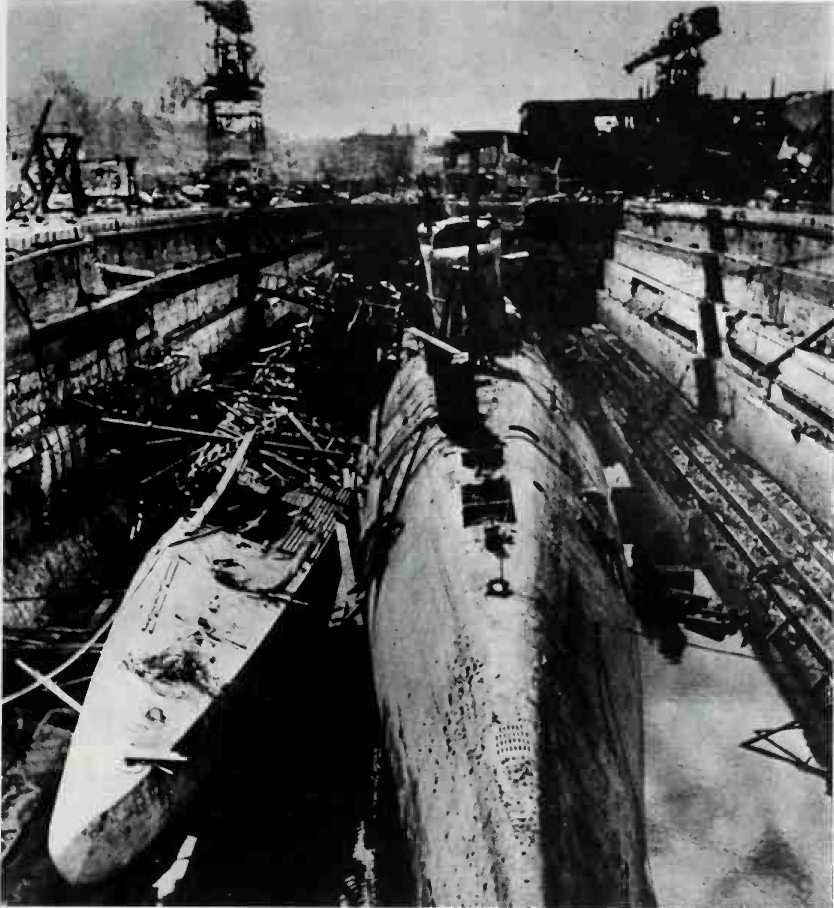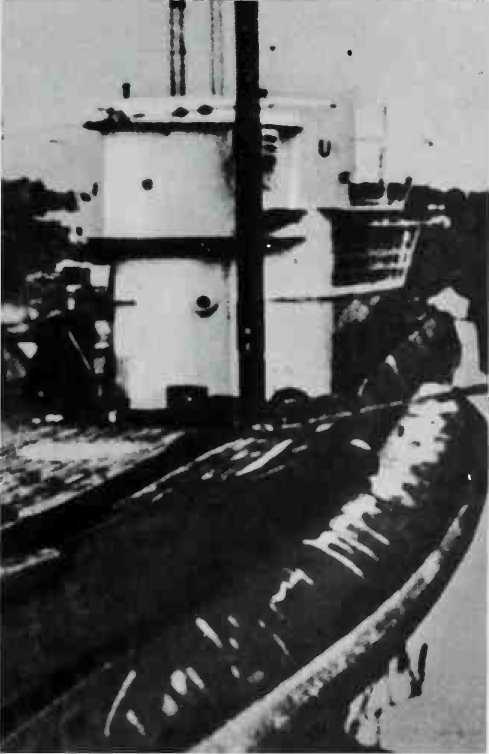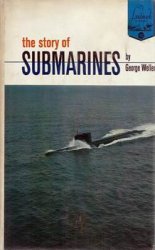On March 20, 1944, Adolf Hitler delivered an appreciation of the situation to the commanders-in-chief of his land, sea, and air forces in the Western theatre of operations. By and large, he was less pessimistic with regard to the immediate future than most of his generals, and the arguments he advanced were not without relevance. As he considered the threat assembling on the other side of the Channel, he no doubt remembei’ed his own hesitation in autumn 1940 and the arguments he had put to Mussolini and Count Ciano in January 1941 to excuse his procrastination over Operation "See-Id we".
"We are”, he had told them, "in the position of a man with only one cartridge in his rifle. If he misses the target, the situation becomes critical. If the landing fails, we cannot begin again because we would have lost too much materiel and the enemy could bring the bulk of his forces into whichever zone he wanted.
But so long as the attack has not come, he must always take into account that it may.”
And so, according to Rommel, he declared to his generals, whom he summoned that day to the Berghof:
"It is evident that an Anglo-American landing in the West will and must come. How and where it will come no one knows. Equally, no kind of speculation on the subject is possible. . . The enemy’s entire landing operation must under no circumstances be allowed to last longer than a matter of hours or, at the most, days, with the Dieppe attempt as a model. Once the landing has been defeated it will under no circumstances be repeated by the enemy. Quite apart from the heavy casualties he would suffer, months would be needed to prepare for a renewed attempt. Nor is this the only factor which would deter the Anglo-Americans from trying again. There would also be the crushing blow to their morale which a miscarried invasion would inflict. It would, for one thing, prevent the reelection of Roosevelt in America and with luck he would finish up somewhere in jail. In England, too, war-weariness would assert itself even more greatly than hitherto and Churchill, in view of his age and his illness, and with his influence now on the wane, would no longer be in a position to carry through a new landing operation. We could counter the numerical strength of the enemy-about 50 to 60 divisions-within a very short time, by forces of equal strength. The destruction of the enemy’s landing attempt means more than a purely local decision on the Western front. It is the sole decisive factor in the whole conduct of the war and hence in its final result.”
And so Hitler made the final issue of the conflict depend on the check that his enemies would receive during the first hours of the landing on the coasts of France. Hitler’s vision was clear. There can be no doubt that a defeat of the nature of the one suffered by the 2nd Canadian Division at Dieppe, but five times as great, would have struck a terrible blow at the morale of the British and Americans. Nor can there be any doubt that long months, perhaps even a year, would have passed before the Allies could launch another attack.
By that time, O. K.H. would have received the necessary means from the West to stabilise the situation between the Black Sea and the Gulf of Finland,

A Too late for Donitz. One of the superb new Type XXI U-boats with which Hitler, clutching at any straw, boasted that he would win the Battle of the Atlantic in 1944, lies impotently in dry dock with one of its smashed predecessors slumped against its flank.
< Genuine advantage for the U-boat arm: a boat fitted with an air-breathing Schnorkel.

V and V V How the Atlantic Wall defences were portrayed in the German illustrated press: massive cliffs of concrete and puns frowning from their emplacements. But apart from the Pas-de-Calais and a few other sectors the Atlantic Wall had not even been started by the end of 1943.
While the Luftwaffe and the Kriegs-marine would have once more challenged the British and Americans by bringing new arms of terrifying efficiency into use.




 World History
World History









